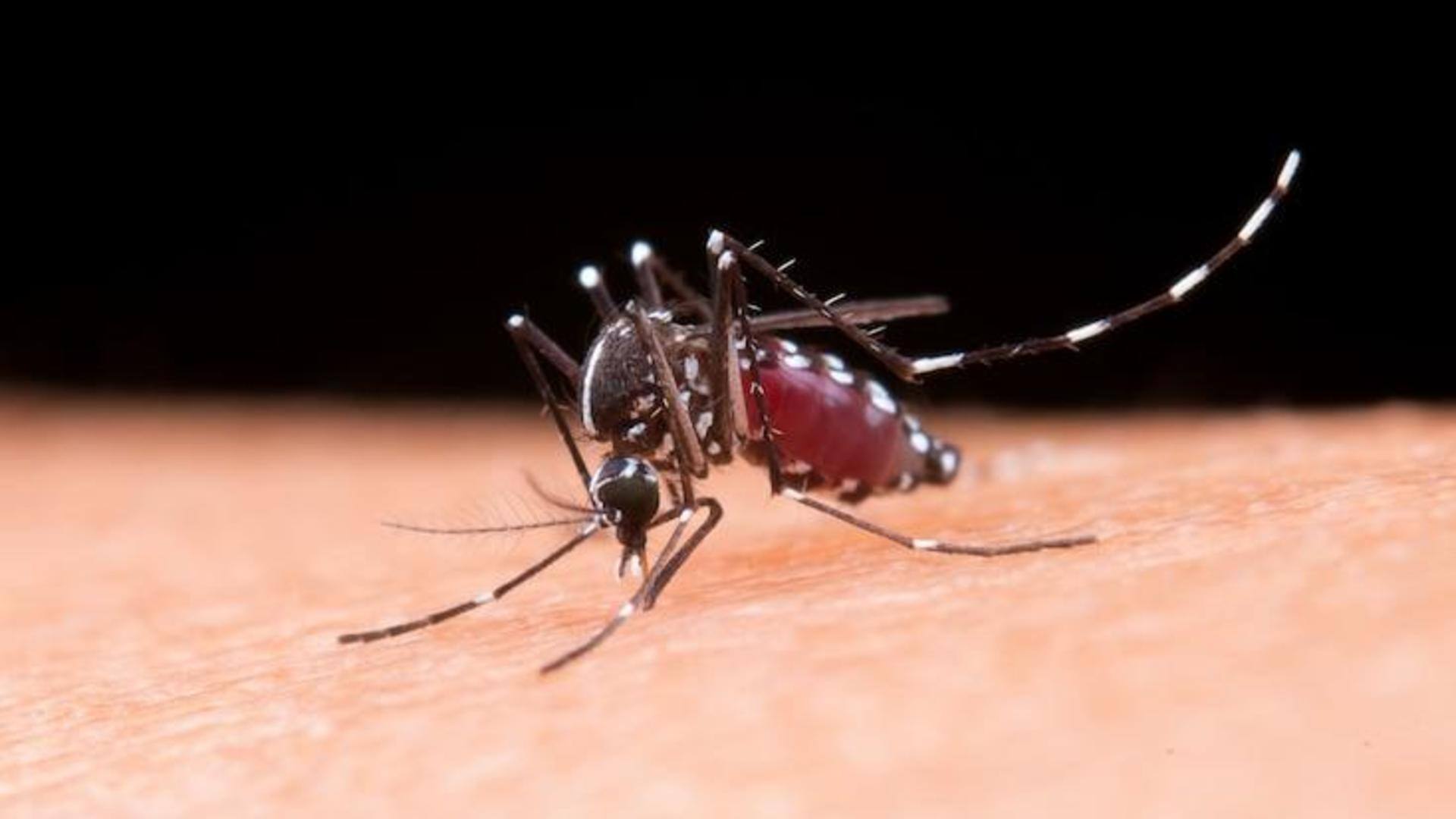
West Nile virus: Know about symptoms, fatality rate, and treatment
What's the story
The West Nile virus causes quite a stir in the United States every year. But it recently made headlines in India too. According to the Information and Public Relations Department, a 65-year-old man from Kerala's Kochi tragically died from the virus. However, the district medical officer in charge denied this report. Whether true or not, it's important to stay informed about this mosquito-borne disease.
West Nile virus
What is West Nile virus?
The West Nile virus is a tiny germ that can make you sick. It spreads through mosquito bites. When infected mosquitoes bite people or animals like horses, they can pass on the virus. In most cases, there are no symptoms or mild symptoms. But in rare cases, it can cause a dangerous infection in the nerves and brain, causing a serious health threat.
Symptoms
Symptoms
Most of the time, the West Nile virus keeps a low profile and doesn't cause many symptoms. About one in five people might experience mild symptoms, but these usually vanish on their own without treatment. Mild symptoms may include fever, headaches, body aches, nausea, vomiting, diarrhea, itchy rash on the stomach or back, and swollen lymph nodes (like the glands in your neck).
Fatality
How fatal is the virus?
Out of every 150 infected individuals, about one person experiences a severe illness that affects their central nervous system, leading to conditions like encephalitis or meningitis. Symptoms of severe illness include high fever, headache, neck stiffness, confusion, coma, tremors, convulsions, muscle weakness, vision loss, numbness, and paralysis. Sadly, approximately one out of 10 people with severe illness die.
Timing
West Nile virus is more likely to infect during summer
You have a higher chance of getting West Nile virus when mosquitoes are most active. Mosquitoes love warm weather, so they are most active during the summer months, from May to July. You might see more mosquitoes on the hottest days of summer or during specific times like early morning and evening. Stay cautious during these times and protect yourself from mosquito bites.
Treatment
How is it treated?
Unfortunately, there is no vaccine or specific medicine to treat West Nile virus infection, as stated by the Centers for Disease Control and Prevention (CDC). Antibiotics are ineffective against viruses. Symptom relief can be achieved with rest, fluids, and over-the-counter pain medications. In severe cases, hospitalization is often required for supportive treatment, including intravenous fluids, pain medication, and nursing care.